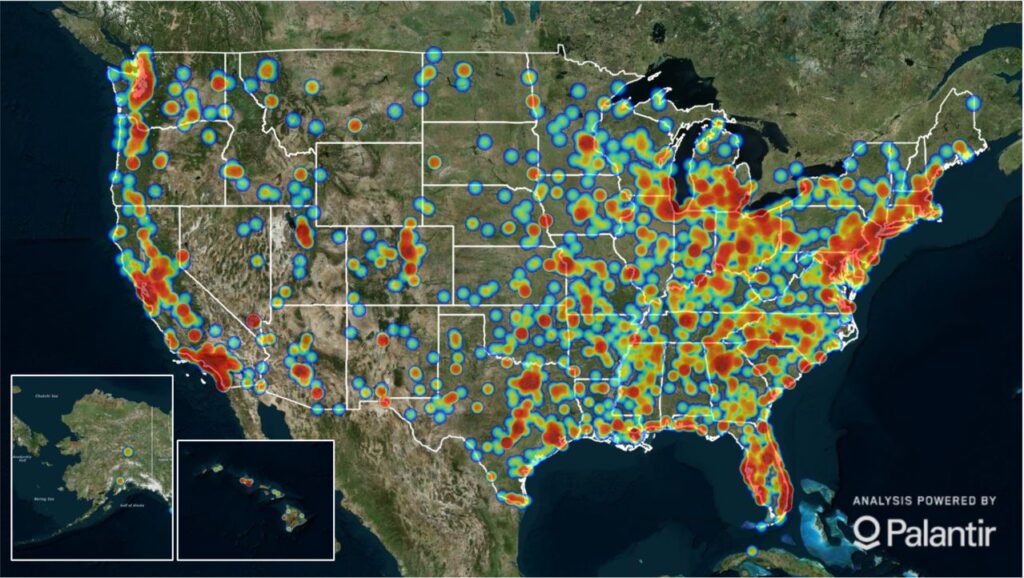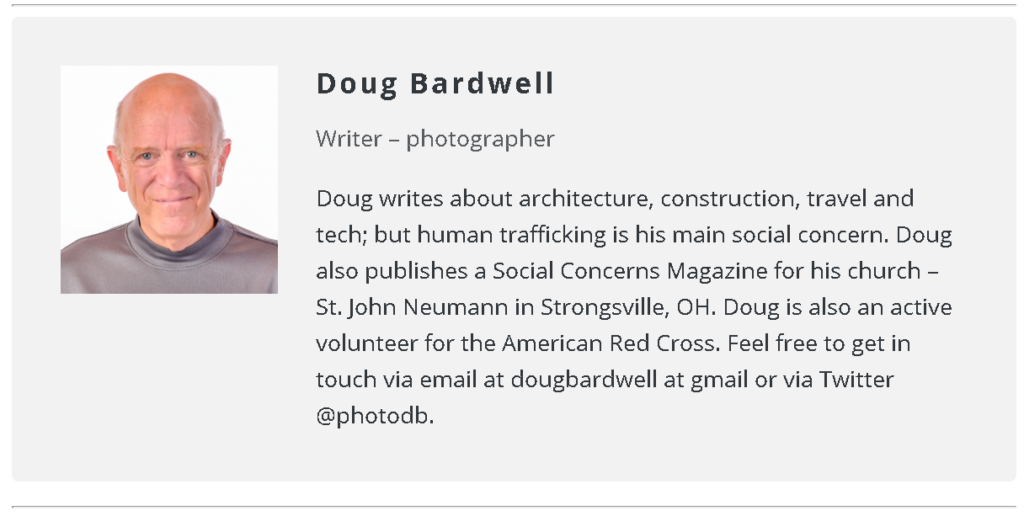Too many people don’t fully understand what trafficking is and why it’s such a problem. This “heatmap” shows just how nationwide the problem exists.

The following from the Polaris Project is a great, quick introduction, and following are some interesting questions to see if you can answer correctly.
Who’s most vulnerable?
Human trafficking can happen to anyone but some people are more vulnerable than others. Significant risk factors include recent migration or relocation, substance use, mental health concerns, involvement with the child welfare system and being a runaway or homeless youth. Often, traffickers identify and leverage their victims’ vulnerabilities in order to create dependency.
What does a human trafficker look like?
Perpetrators of human trafficking span all racial, ethnic, and gender demographics and are as diverse as survivors. Some use their privilege, wealth, and power as a means of control while others experience the same socio-economic oppression as their victims. They include individuals, business owners, members of a gang or network, parents or family members of victims, intimate partners, owners of farms or restaurants, and powerful corporate executives and government representatives.
Why don’t victims just run away?
Traffickers employ a variety of control tactics, the most common include physical and emotional abuse and threats, isolation from friends and family, and economic abuse. They make promises aimed at addressing the needs of their target in order to impose control. As a result, victims become trapped and fear leaving for myriad reasons, including psychological trauma, shame, emotional attachment, or physical threats to themselves or their family.
How did you do? For more, try these questions.
- Is it always or usually a violent crime?
- Does human trafficking always involve sex?
- Do traffickers just target victims they don’t know?
- Are only women and girls sex trafficked?
- Is human trafficking only involved with transporting people across borders?
- Are victims always held against their will?
- Is all commercial sex human trafficking?
- Do trafficking victims always want to be rescued?
For answers to these questions, go to the Polaris Project, operators of the U.S. National Human Trafficking Hotline (888-373-7888). Some answers might surprise you.


